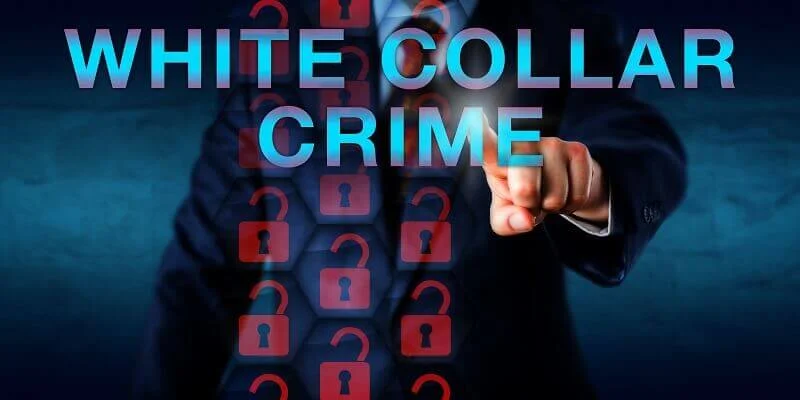Most of us are familiar with sex offender registry websites. Every state, including California, has one. Some states are beginning to track the whereabouts of other types of offenders. For example, five states, including California, require registration for convictions of arson. In Indiana, a public website allows online visitors to use Google Maps to find the location of homes that have been used as meth labs. Last year, Utah became the first state to implement an online registry for white-collar crime offenders. Anecdotal information indicates that various California legislators are contemplating such a registry for white-collar criminals within the Golden State.
Utah’s Registry Includes Photos and Other Information
The Utah list includes a recent photograph of any criminal convicted of second-degree felonies involving fraud during the last 10 years within the state. While the information is already fully available to the public, supporters of the registry point to the user-friendly aspects of the state database and argue that it can be an important tool in protecting vulnerable citizens against fraud, particularly the type known as “affinity fraud.”
Affinity Fraud: “I’m Just Like You”
Affinity fraud is generally based on the notion that “I’m just like you, so I’m trustworthy.” The perpetrator pretends that he or she has an affinity with a strong group within the states and seeks to leverage that affinity in a fraudulent manner. The most famous affinity fraud case in recent times was that involving Bernie Madoff, who cheated his clients – many of whom were friends or colleagues – out of nearly $50 billion.
In Utah, legislators who supported the registry bill argued that due to its close-knit social and religious ties, the state was particularly vulnerable to the “Madoff-like” type of fraud. In 2014, an insurance agent who belonged to the Mormon Church allegedly cheated some 700 people out of $72 million. At that time, the FBI named Salt Lake City as one of the top five “Ponzi hotspots” in the United States.
California Also Has More than its Share of Ponzi Schemes
The FBI adds that California is another of those fraud “hotspots.” For example, in February 2016, a federal judge sentenced the CEO of a California real estate investment firm to 14 years in prison for running a Ponzi scheme that may have lost as much as $169 million. In June 2016, the U.S. Securities and Exchange Commission charged two California men with operating a Ponzi scheme. The men allegedly specialized in serving middle-class investors and, for a while, provided huge returns by investing in hot "initial public offering (IPO) stocks, such as Uber and Alibaba. According to the SEC, the two never actually invested any money in the IPO stocks, but used money from new investors to provide returns to earlier investors.
California is Getting Serious About White-Collar Crime
California lawmakers are getting serious about white-collar crime and there is always a tendency to cast such a wide net that those who are innocent get caught up in the snare as well. CKB VIENNA offers a full range of advocacy services, including the representation of those charged with white-collar offenses. Legal experts agree that white-collar defense requires not only a thorough knowledge of the California criminal laws, but it requires an understanding of the complex laws and regulations regarding commercial operations. CKB VENNA has a long history of representing clients in all types of business issues and disputes. We have offices in Rancho Cucamonga, San Bernardino, and Los Angeles. Contact us by telephone at 909.980.1040 or complete our online form.

